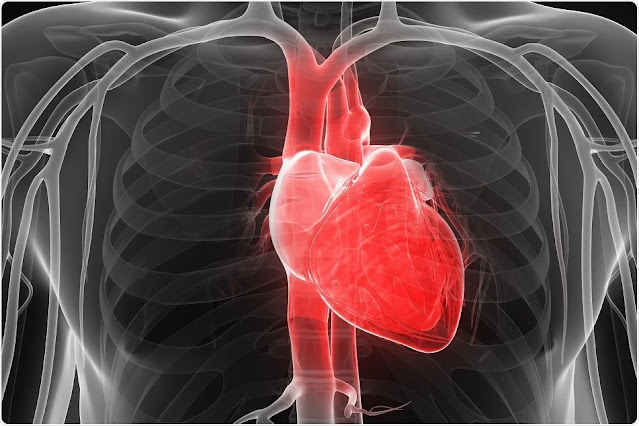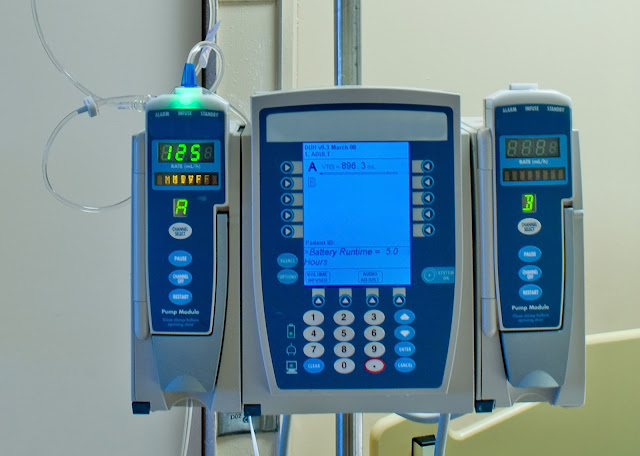Dilated Cardiomyopathy Is A Condition Of Weakening The Heart's Ventricles
 |
| Dilated Cardiomyopathy |
Dilated Cardiomyopathy (DCM) is a condition characterized by the
enlargement and weakening of the heart's ventricles, which are the main pumping
chambers responsible for delivering blood to the rest of the body. This
disorder affects the heart muscle, making it difficult for the heart to pump
blood efficiently, leading to reduced cardiac function. The exact cause of DCM
is often unknown, but there are several factors that can contribute to its
development. In some cases, it can be inherited, resulting from genetic
mutations that affect the structure and function of the heart muscle. Other
times, DCM may be acquired due to certain medical conditions such as coronary
artery disease, high blood pressure, viral infections, or toxins like alcohol
or certain medications.
One of the hallmark characteristics of Dilated
Cardiomyopathy is the dilation, or enlargement, of the heart chambers,
particularly the left ventricle. This stretching of the ventricular walls
causes the heart muscle to become weak and thin, resulting in decreased
contractility. As a result, the heart is unable to pump blood effectively,
leading to symptoms such as fatigue, shortness of breath, and fluid retention. The
signs and symptoms of DCM can vary depending on the severity of the condition. Initially,
individuals with DCM may not experience any noticeable symptoms, but as the
disease progresses, they may develop fatigue, weakness, and shortness of
breath, especially during physical activity.
Swelling
of the legs, ankles, and abdomen can occur due to fluid accumulation, and some
individuals may also experience palpitations or irregular heartbeats. Diagnosing
Dilated Cardiomyopathy typically
involves a comprehensive evaluation that includes a thorough medical history,
physical examination, and diagnostic tests. An electrocardiogram (ECG) can help
identify abnormalities in heart rhythm, while an echocardiogram provides
detailed images of the heart's structure and function, allowing healthcare
professionals to assess the size and function of the ventricles. The treatment
of dilated cardiomyopathy aims to manage symptoms, slow disease progression,
and improve overall quality of life.
Medications such as beta-blockers, ACE inhibitors, and diuretics may be prescribed to help reduce symptoms, control blood pressure, and prevent fluid retention. In some cases, implantable devices like pacemakers or defibrillators may be recommended to regulate heart rhythm or provide additional support to the heart. For individuals with severe Dilated Cardiomyopathy, heart transplantation may be considered as a last resort when other treatment options have been exhausted. Heart transplantation involves replacing the diseased heart with a healthy donor heart, offering the possibility of improved cardiac function and a better quality of life.



Comments
Post a Comment